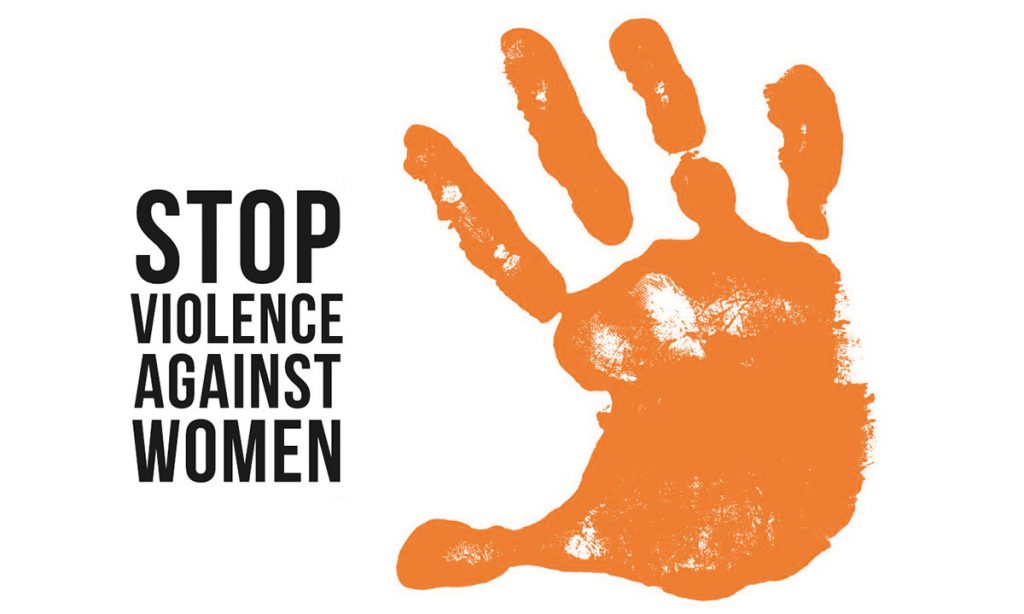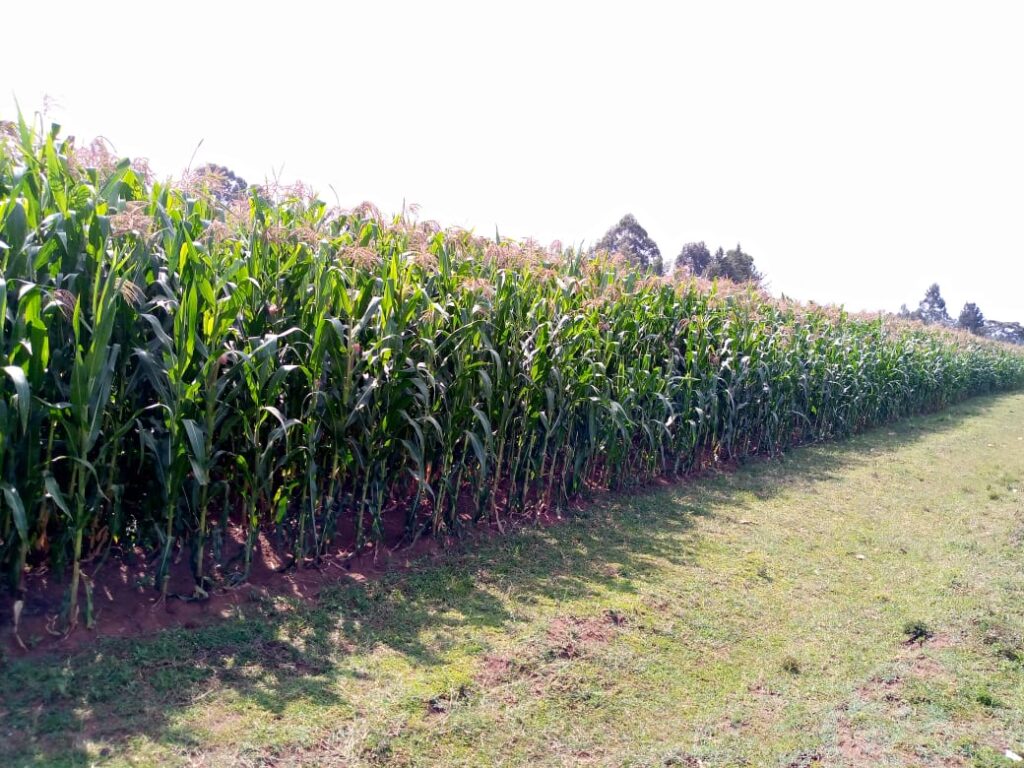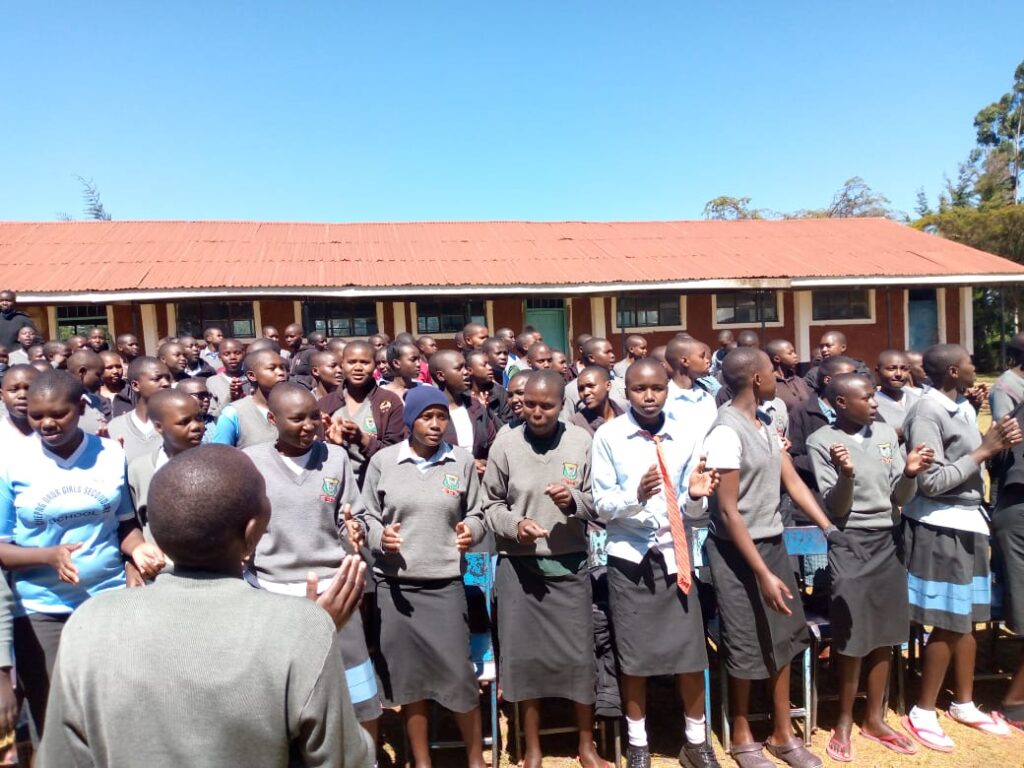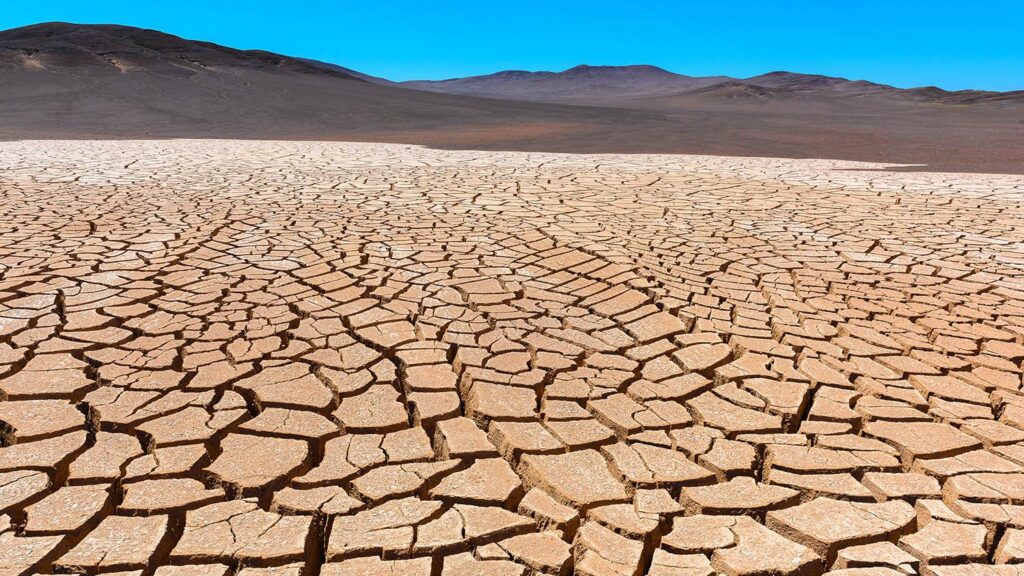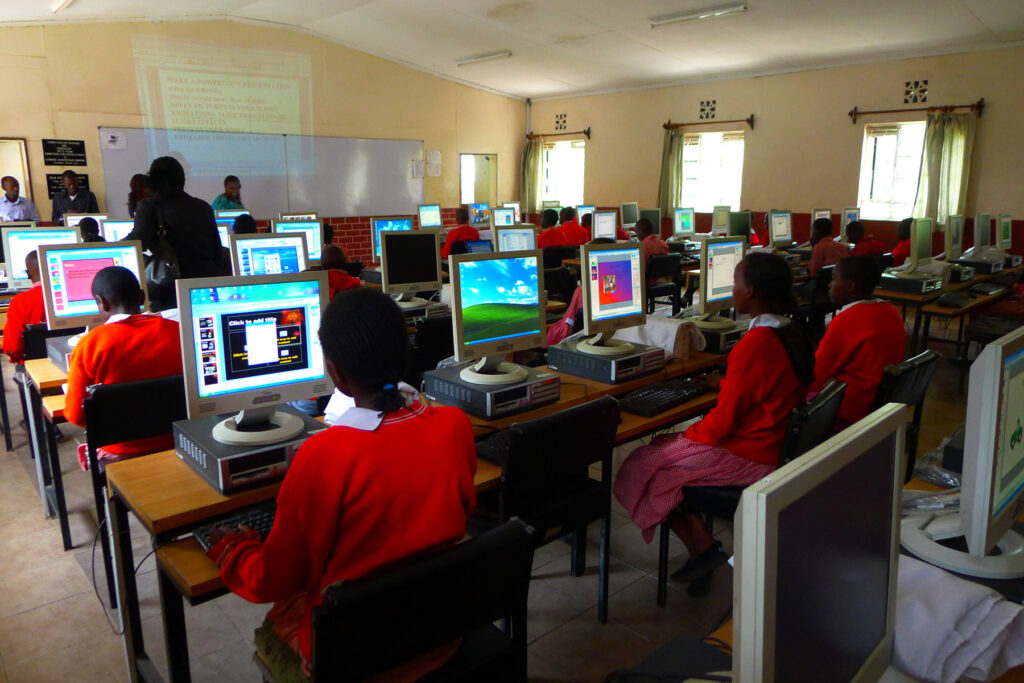Sexual and Reproductive Health and Rights (SRHR)
KWT believes that access to quality sexual and reproductive health is both a fundamental human right and a critical development issue. We take SRHR as a vital component of our work to reduce poverty and social injustice. Improvements in SRHR are linked to economic and social development and must be addressed to achieve sustainable reductions in poverty. We believe that all women, men, and young people should have equitable access to the information and services they need to realize their rights and attain the highest possible standard of sexual and reproductive health – free of discrimination, stigma, coercion, and violence.

